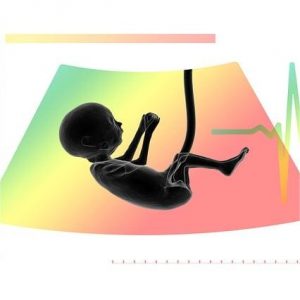Featured Products
Explore Products- In-Stock Tumor Cell Lines
- Human Orbital Fibroblasts
- Human Microglia
- Human Pulmonary Alveolar Epithelial Cells
- Human Colonic Fibroblasts
- Human Type II Alveolar Epithelial Cells
- Human Valvular Interstitial Cells
- Human Thyroid Epithelial Cells
- C57BL/6 Mouse Dermal Fibroblasts
- Human Alveolar Macrophages
- Human Dermal Fibroblasts, Adult
- Human Lung Fibroblasts, Adult
- Human Retinal Muller Cells
- Human Articular Chondrocytes
- Human Retinal Pigment Epithelial Cells
- Human Pancreatic Islets of Langerhans Cells
- Human Kidney Podocyte Cells
- Human Renal Proximal Tubule Cells




 BeWo cells constitute a cell line originating from malignant gestational choriocarcinoma of the fetal male placenta. They exhibit an epithelial-like phenotype and grow in an adherent monolayer fashion. These cells are characterized by the expression of molecular markers such as CK 7, E-cadherin, and VE-cadherin, with the latter showing enhanced expression following forskolin treatment. Additionally, BeWo cells express keratin and exhibit positivity for G6PD and B isoenzyme. Notably, these cells are prolific hormone secretors, producing human chorionic gonadotropin (hCG), human chorionic somatomammotropin (placental lactogen), and various steroid hormones including estrone, estriol, and estradiol.
BeWo cells constitute a cell line originating from malignant gestational choriocarcinoma of the fetal male placenta. They exhibit an epithelial-like phenotype and grow in an adherent monolayer fashion. These cells are characterized by the expression of molecular markers such as CK 7, E-cadherin, and VE-cadherin, with the latter showing enhanced expression following forskolin treatment. Additionally, BeWo cells express keratin and exhibit positivity for G6PD and B isoenzyme. Notably, these cells are prolific hormone secretors, producing human chorionic gonadotropin (hCG), human chorionic somatomammotropin (placental lactogen), and various steroid hormones including estrone, estriol, and estradiol.